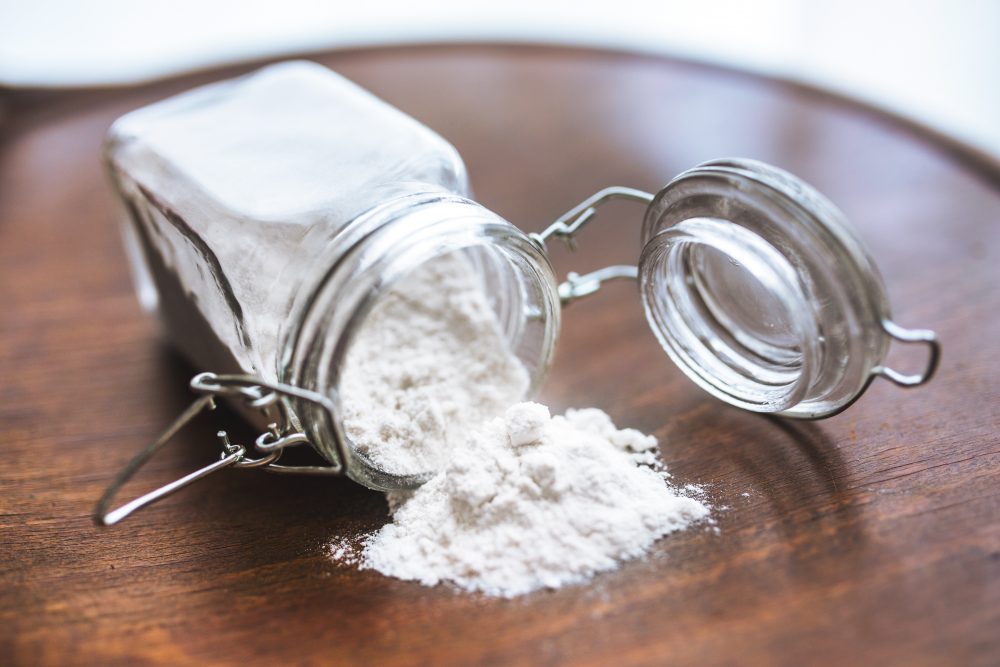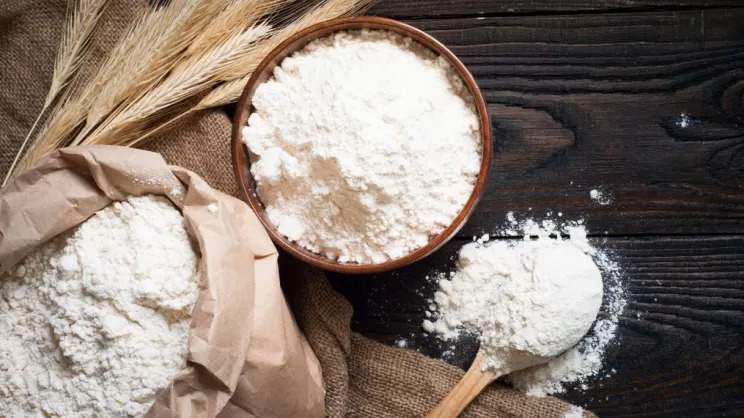
The soul of a great pizza is the crust. And the soul of a great crust is the flour. For anyone dedicated to the art of authentic Neapolitan pizza, the term ’00’ flour is spoken with a certain reverence. It’s considered the gold standard, the non-negotiable foundation for perfection.
But what does “00” actually mean? Is it a magic ingredient? The answer is both simpler and more complex than you might think. This guide will deconstruct the myths and reveal the science behind the world’s most famous pizza flour.
What Does “00” Actually Mean? Deconstructing the Myth
The most common misconception about ’00’ flour is that the number refers to protein content or gluten strength. This is incorrect.
In the Italian flour classification system, the number (from “2” down to “00”) refers to the fineness of the grind and how much of the bran and germ have been removed.
- Tipo “2” is the coarsest grind, similar to whole wheat flour.
- Tipo “1” is less refined.
- Tipo “0” is finer still.
- Tipo “00” is the most refined, finest grind available. It is silky and powdery to the touch, like talcum powder.
The benefit of this incredibly fine texture is that the flour hydrates very easily, creating a silky, smooth dough that is a pleasure to work with and produces the characteristic soft, tender crust of a Neapolitan pizza.
The True Secret: Protein Content and the ‘W’ Index
While the “00” tells you about the flour’s texture, the most crucial factor for a pizzaiolo is the flour’s strength. This is determined by its protein content and quality, which is measured in Italy by the ‘W’ Index.
The W Index is a technical measurement that tells a baker how strong the gluten network will be. A higher ‘W’ number means a stronger flour, capable of longer fermentation times.
- W 170-200 (Weak): For biscuits and crackers. Cannot handle long fermentation.
- W 220-280 (Medium): The sweet spot for classic Neapolitan pizza with direct dough methods (8-24 hour fermentation).
- W 300-380 (Strong): For long fermentation doughs like biga or poolish, and for breads like Panettone.
For a true Neapolitan pizza, you need a ’00’ flour with a medium W-index (W 220-280). This provides the perfect balance: enough strength to support a 24-hour fermentation, but not so much that the final crust becomes tough and overly chewy.

’00’ Flour vs. The World: All-Purpose and Bread Flour
How does ’00’ flour compare to what’s commonly available in supermarkets?
’00’ Flour: The Specialist
Finely milled with a specific, medium protein content. It is designed to create a crust that is both soft and stable, with a slight chew but never tough. It is the only choice for authentic results.
Bread Flour: The Powerhouse
Often coarsely milled and very high in protein (a high ‘W’ value). Using bread flour for Neapolitan pizza will result in a crust that is overly chewy, heavy, and more like a traditional bread loaf. It’s the wrong tool for the job.
All-Purpose Flour: The Jack of All Trades
This is the most inconsistent option. Its protein content varies wildly between brands. While you *can* make pizza with it, you will never achieve the specific texture, tenderness, or “leopard-spotted” crust of a true Neapolitan pizza.
The Right Foundation for an Authentic Masterpiece
Understanding flour is the first step on the journey to mastering pizza. Choosing a finely milled ’00’ flour with the correct strength (a medium W-Index) is the foundational secret to creating a light, digestible, and delicious crust.
Of course, the perfect flour is just one part of the story. It must be combined with the right techniques, ingredients, and baking environment to create a true work of art.
To see how the perfect flour fits into the complete set of rules for authentic pizza, be sure to read our definitive guide: The Official Disciplinary of True Neapolitan Pizza.
Beyond Tradition: Bringing Authenticity to the Global Stage
Knowing the rules is one thing. Implementing them consistently in a professional, profitable restaurant—especially in a dynamic and demanding market like India is another challenge entirely. It requires not only a master’s knowledge of the craft but also deep expertise in sourcing ingredients, selecting the right equipment, and training a team to execute flawlessly.
This is where tradition meets modern consultancy. While this site, Pizzachef.it, is dedicated to the soul and history of the craft, we are experts in professional application.
For restaurateurs and professionals aiming to build a successful business based on these authentic principles, the expert consulting services at pizzaiolo.in provide the strategic guidance needed to turn passion into profit.


